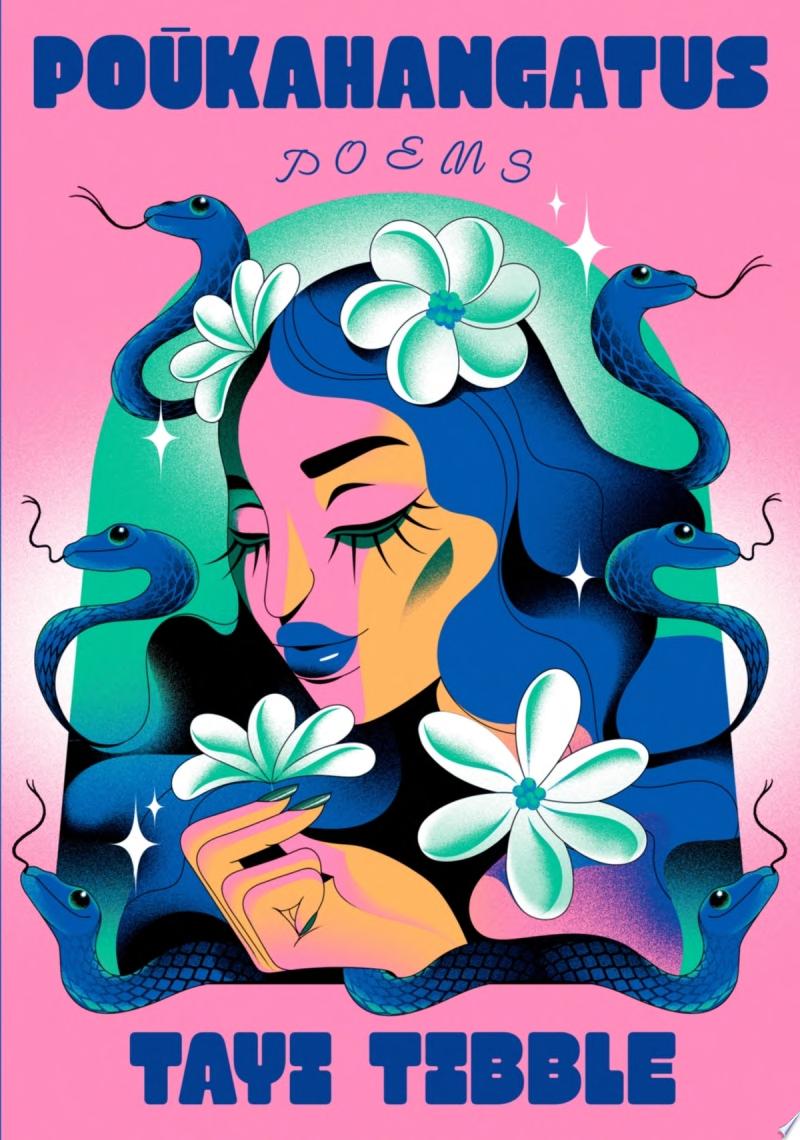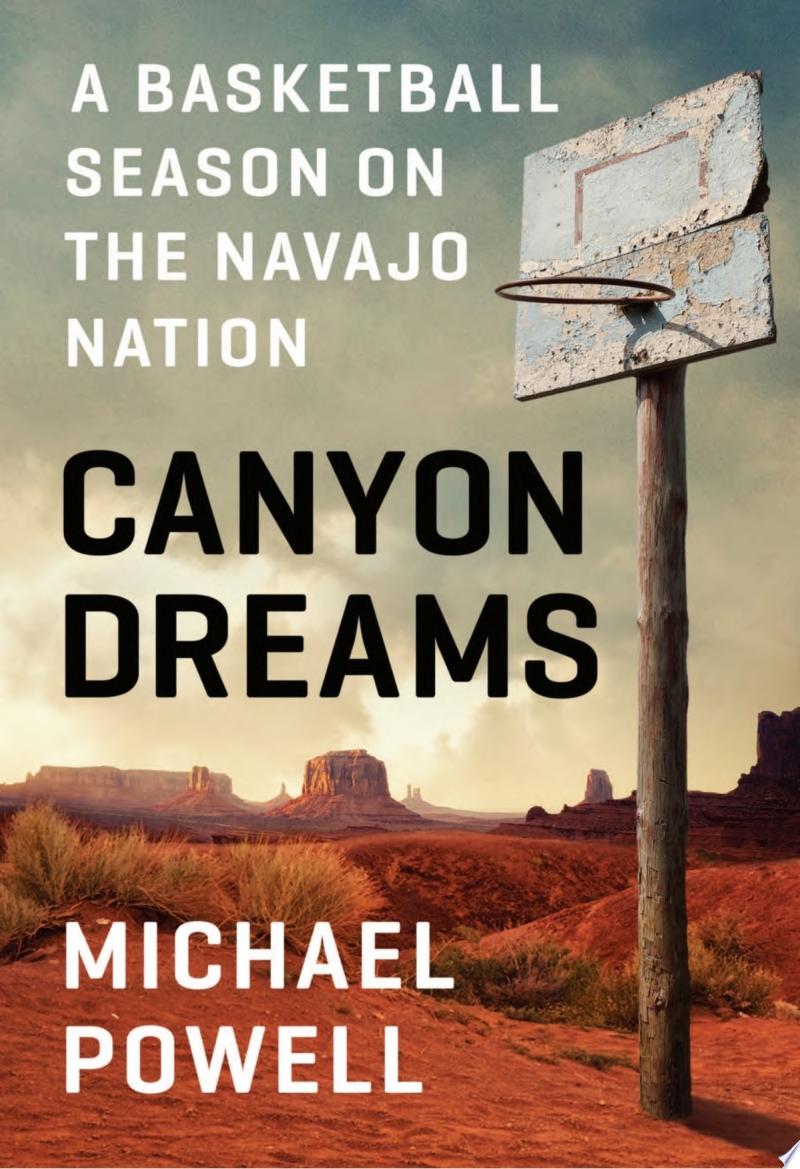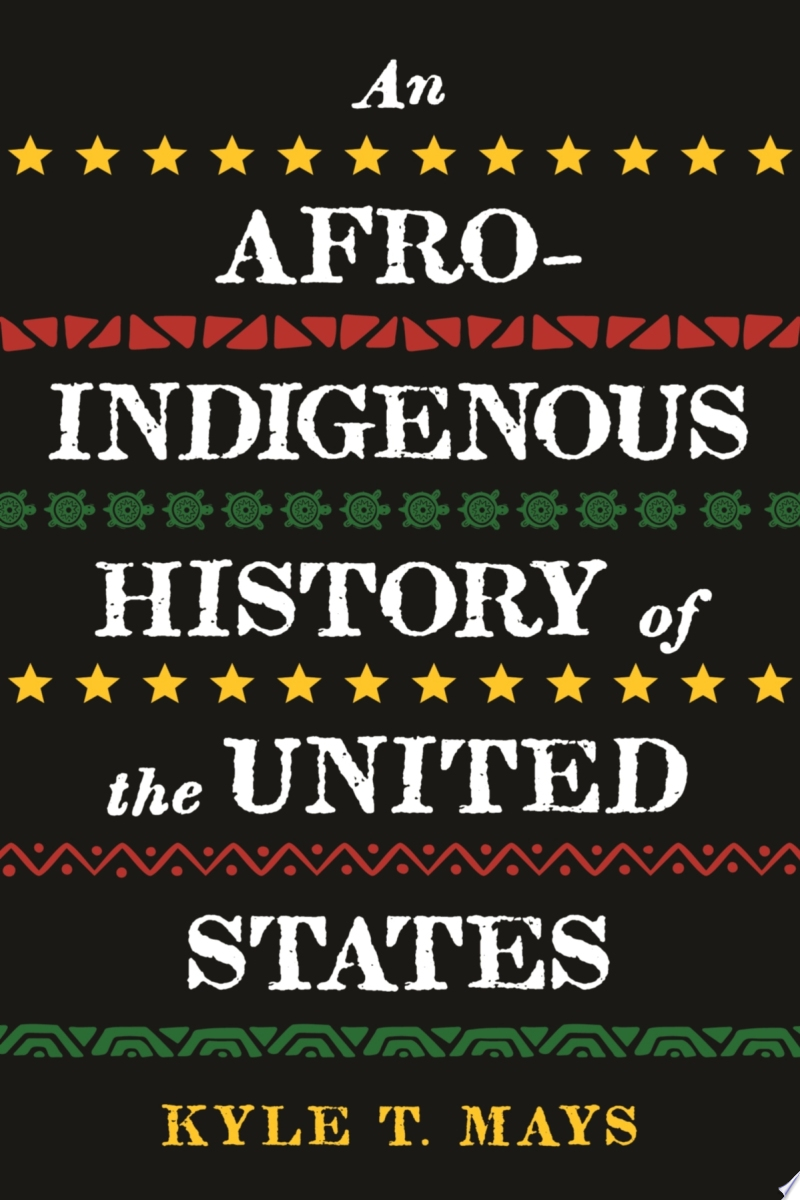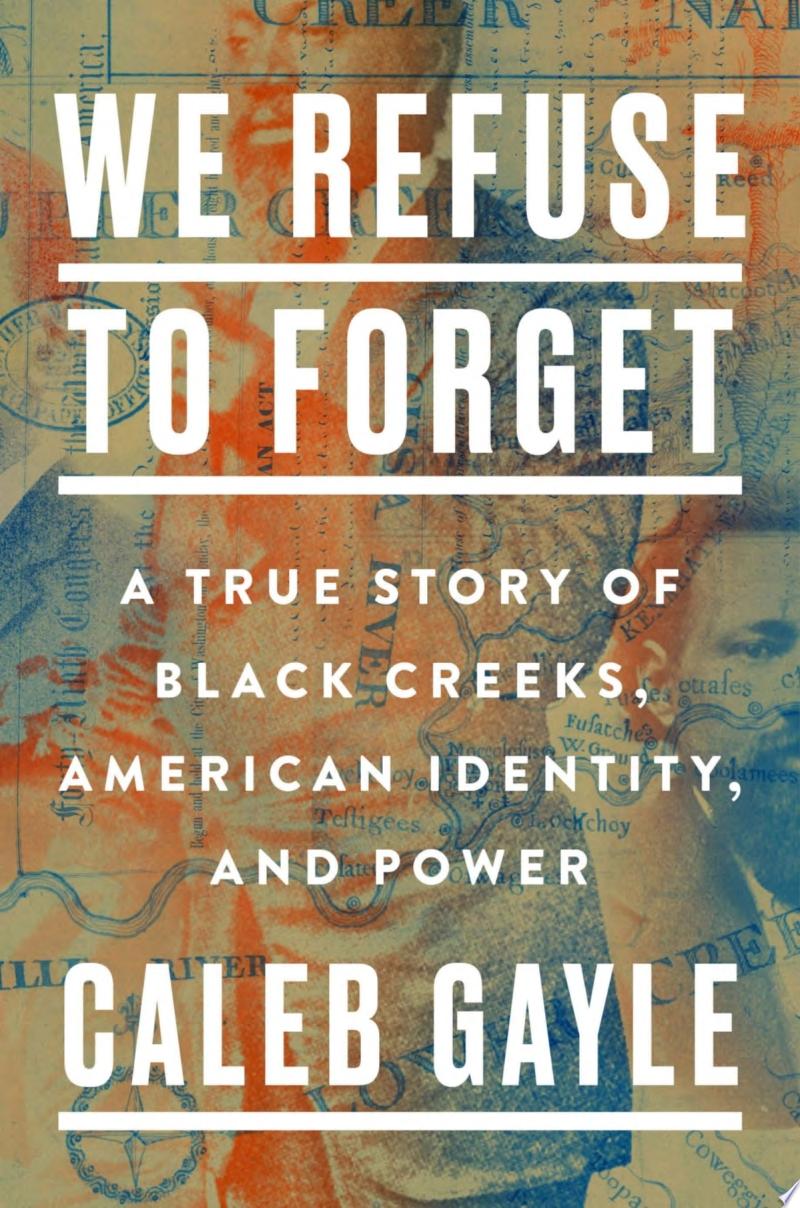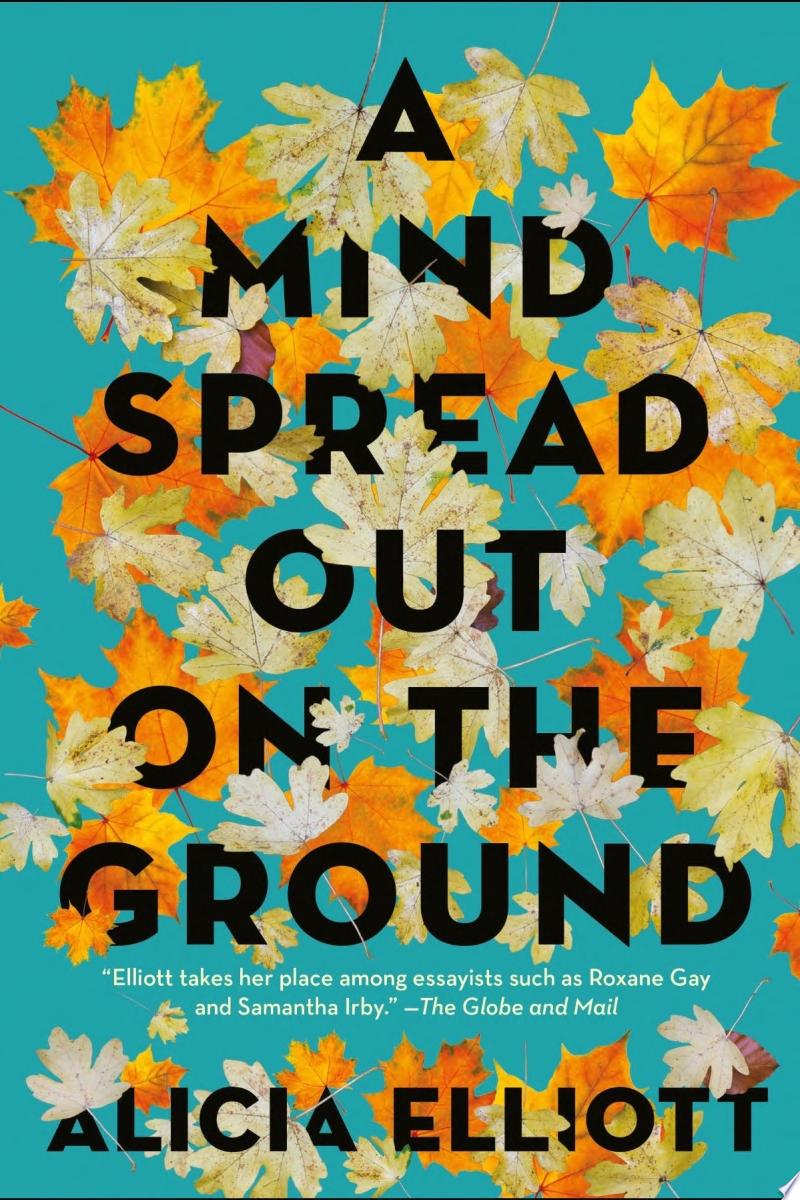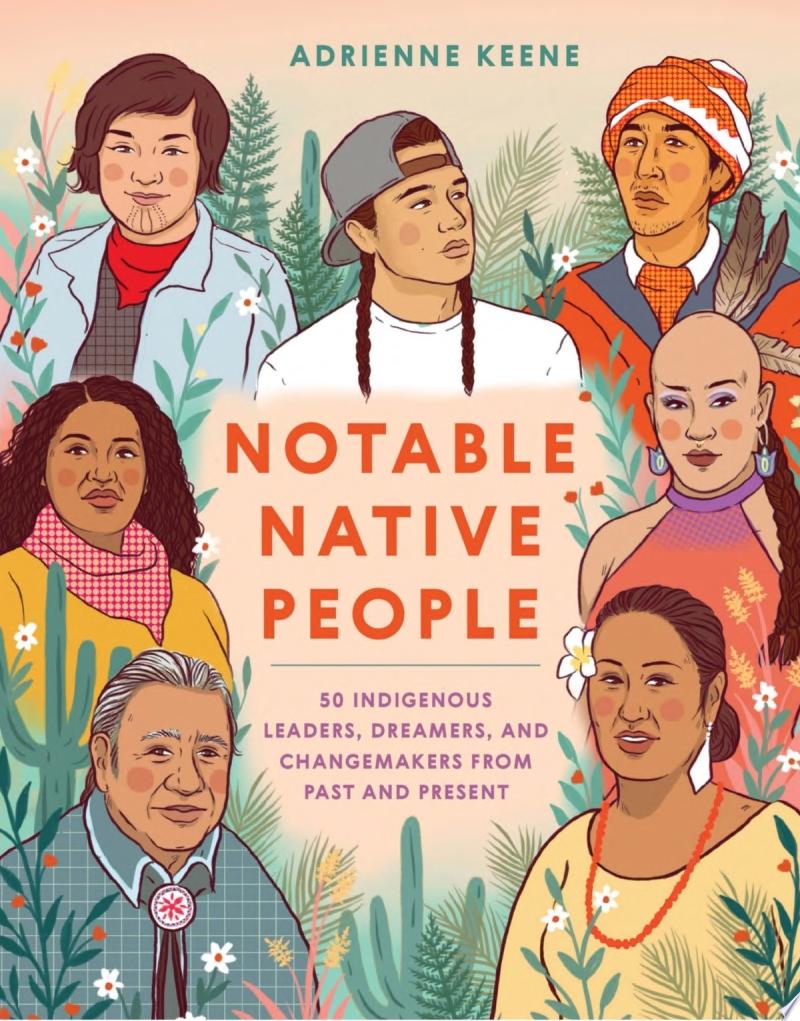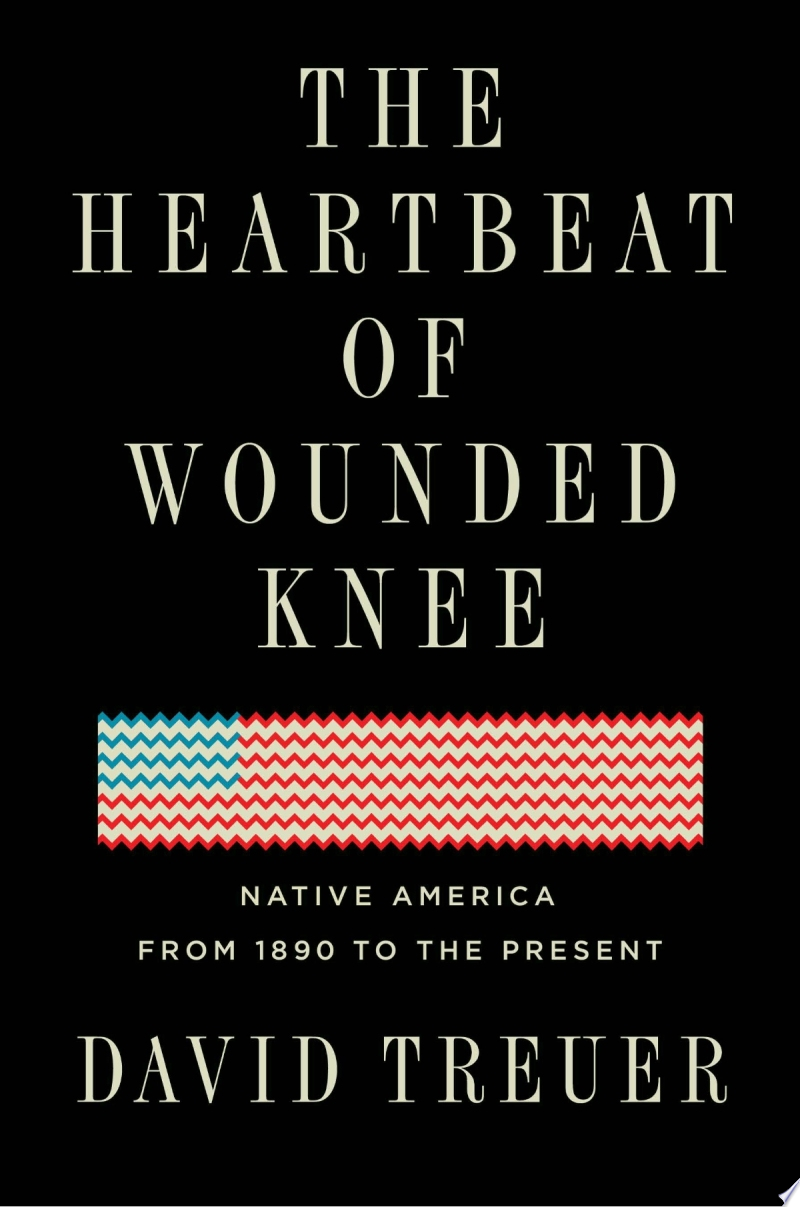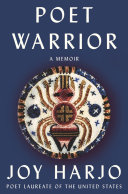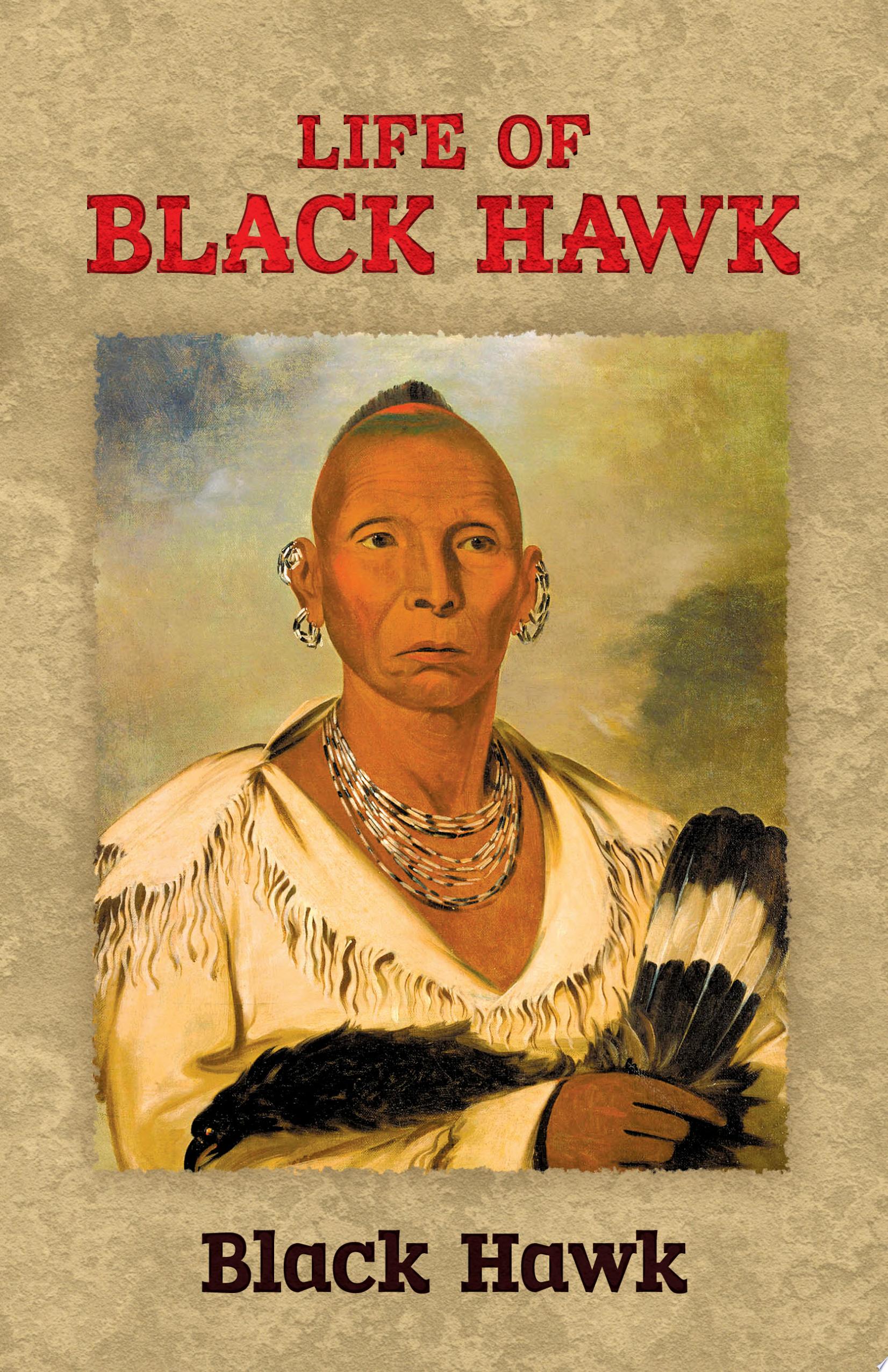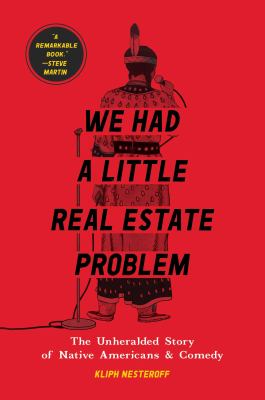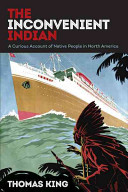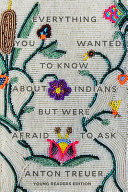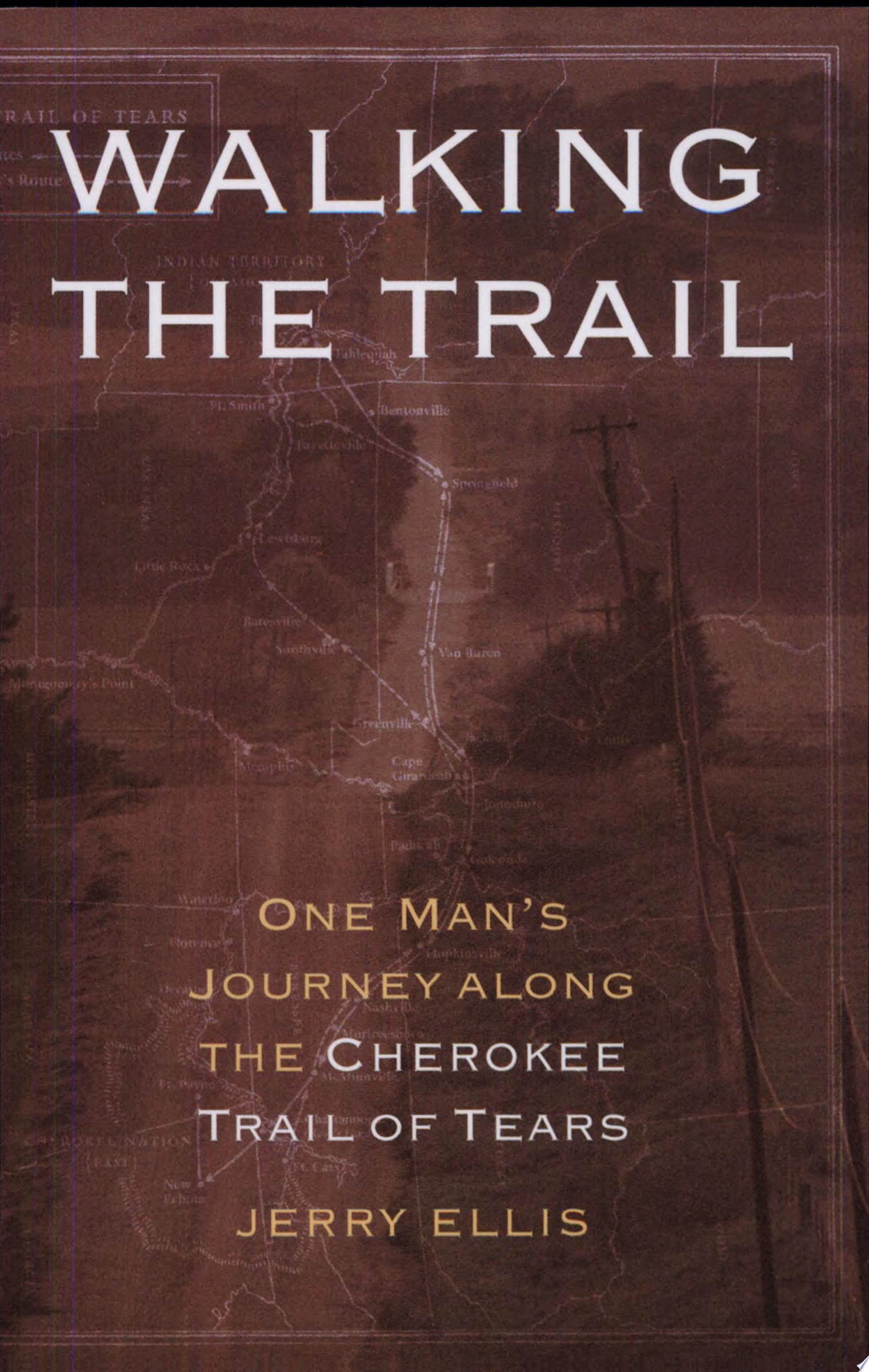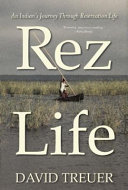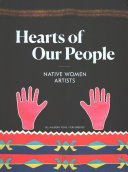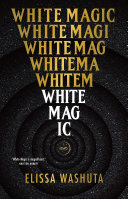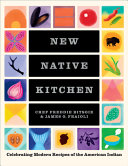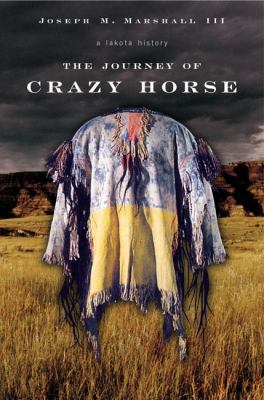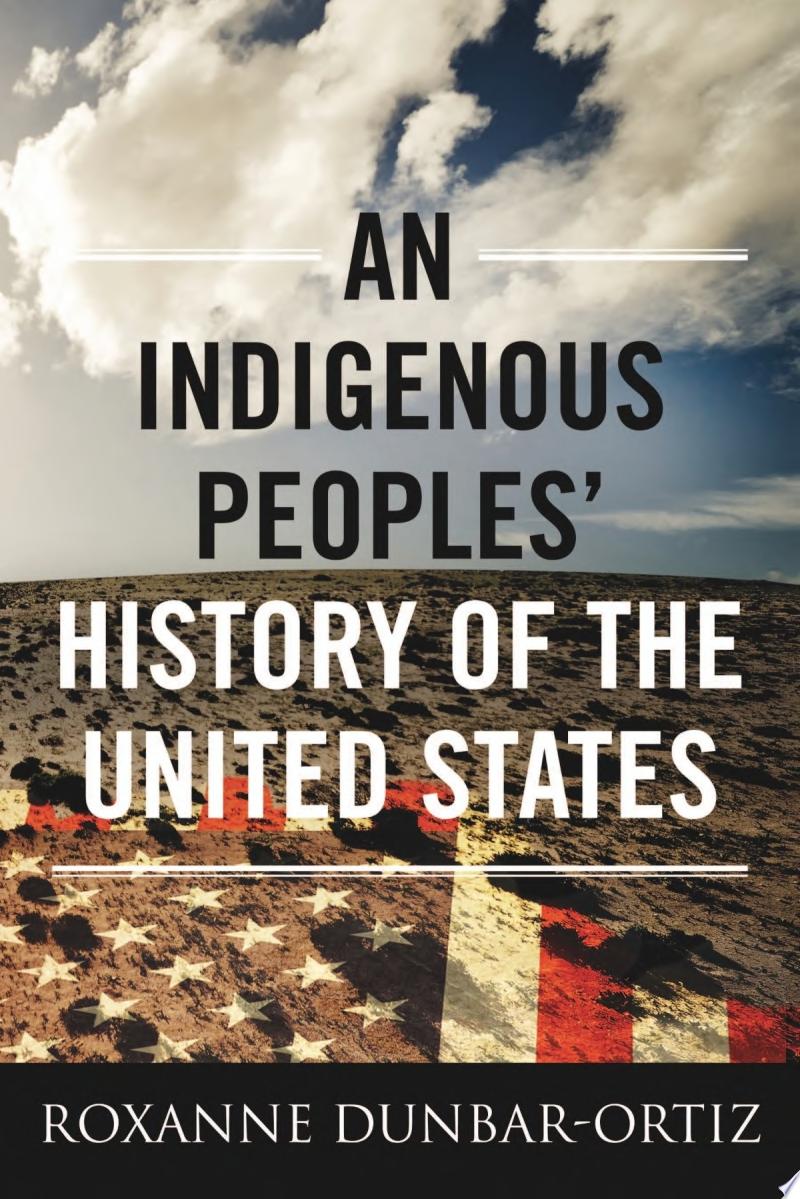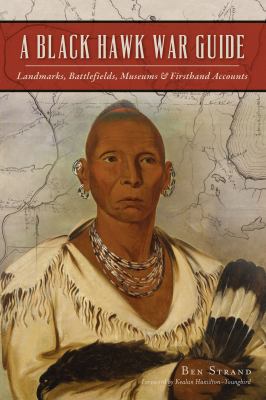Recommended Reads Books (List)
Poukahangatus
Tayi Tibble
In Poūkahangatus (pronounced “Pocahontas”), her debut volume, Tibble challenges a dazzling array of mythologies - Greek, Māori, feminist, kiwi - peeling them apart, respinning them in modern terms. Her poems move from rhythmic discussions of the Kardashians, sugar daddies, and Twilight to exquisite renderings of the natural world and precise emotions (“The lump in her throat swelled like a sea that threatened to take him from her, and she had to swallow hard”). Tibble is also a master narrator of teenage womanhood, its exhilarating highs and devastating lows; her high-camp aesthetics correlate to the overflowing beauty, irony, and ruination of her surroundings.
These are warm, provocative, and profoundly original poems, written by a woman for whom diving into the wreck means taking on new assumptions - namely, that it is not radical to write from a world in which the effects of colonization, land, work, and gender are obviously connected. Along the way, Tibble scrutinizes perception and how she as a Māori woman fits into trends, stereotypes, and popular culture. With language that is at once colorful, passionate, and laugh-out-loud funny, Poūkahangatus is the work of one of our most daring new poets.
Canyon Dreams
Michael Powell
Deep in the heart of northern Arizona, in a small and isolated patch of the vast 17.5-million-acre Navajo reservation, sits Chinle High School. Here, basketball is passion, passed from grandparent to parent to child. Rez Ball is a sport for winters where dark and cold descend fast and there is little else to do but roam mesa tops, work, and wonder what the future holds. The town has 4,500 residents and the high school arena seats 7,000. Fans drive thirty, fifty, even eighty miles to see the fast-paced and highly competitive matchups that are more than just games to players and fans.
Celebrated Times journalist Michael Powell brings us a narrative of triumph and hardship, a moving story about a basketball team on a Navajo reservation that shows how important sports can be to youths in struggling communities, and the transcendent magic and painful realities that confront Native Americans living on reservations. This book details his season-long immersion in the team, town, and culture, in which there were exhilarating wins, crushing losses, and conversations on long bus rides across the desert about dreams of leaving home and the fear of the same.
An Afro-Indigenous History of the United States
Kyle T. Mays
Beginning with pre-Revolutionary America and moving into the movement for Black lives and contemporary Indigenous activism, Afro-Indigenous historian Kyle T. Mays argues that the foundations of the US are rooted in antiblackness and settler colonialism, and that these parallel oppressions continue into the present. He explores how Black and Indigenous peoples have always resisted and struggled for freedom, sometimes together, and sometimes apart. Whether to end African enslavement and Indigenous removal or eradicate capitalism and colonialism, Mays show how the fervor of Black and Indigenous peoples calls for justice have consistently sought to uproot white supremacy.
We Refuse to Forget
Caleb Gayle
In We Refuse to Forget, award-winning journalist Caleb Gayle tells the extraordinary story of the Creek Nation, a Native tribe that two centuries ago both owned slaves and accepted Black people as full citizens. Thanks to the efforts of Creek leaders like Cow Tom, a Black Creek citizen who rose to become chief, the U.S. government recognized Creek citizenship in 1866 for its Black members. Yet this equality was shredded in the 1970s when tribal leaders revoked the citizenship of Black Creeks, even those who could trace their history back generations - even to Cow Tom himself.
Why did this happen? How was the U.S. government involved? And what are Cow Tom’s descendants and other Black Creeks doing to regain their citizenship? These are some of the questions that Gayle explores in this provocative examination of racial and ethnic identity. By delving into the history and interviewing Black Creeks who are fighting to have their citizenship reinstated, he lays bare the racism and greed at the heart of this story. We Refuse to Forget is an eye-opening account that challenges our preconceptions of identity as it shines new light on the long shadows of white supremacy and marginalization that continue to hamper progress for Black Americans.
A Mind Spread Out on the Ground
Alicia Elliott
The Mohawk phrase for depression can be roughly translated to "a mind spread out on the ground." In this urgent and visceral work, Alicia Elliott explores how apt a description that is for the ongoing effects of personal, intergenerational, and colonial traumas she and so many Native people have experienced.
Elliott's deeply personal writing details a life spent between Indigenous and white communities, a divide reflected in her own family, and engages with such wide-ranging topics as race, parenthood, love, art, mental illness, poverty, sexual assault, gentrification, and representation. Throughout, she makes thrilling connections both large and small between the past and present, the personal and political.
Notable Native People
Adrienne Keene
Celebrate the lives, stories, and contributions of Indigenous artists, activists, scientists, athletes, and other changemakers in this beautifully illustrated collection. From luminaries of the past, like nineteenth-century sculptor Edmonia Lewis - the first Black and Native American female artist to achieve international fame - to contemporary figures like linguist jessie little doe baird, who revived the Wampanoag language, Notable Native People highlights the vital impact Indigenous dreamers and leaders have made on the world.
This powerful and informative collection also offers accessible primers on important Indigenous issues, from the legacy of colonialism and cultural appropriation to food sovereignty, land and water rights, and more. An indispensable read for people of all backgrounds seeking to learn about Native American heritage, histories, and cultures, Notable Native People will educate and inspire readers of all ages.
The Heartbeat of Wounded Knee
David Treuer
The received idea of Native American history - as promulgated by books like Dee Brown's mega-bestselling 1970 Bury My Heart at Wounded Knee - has been that American Indian history essentially ended with the 1890 massacre at Wounded Knee. Not only did one hundred fifty Sioux die at the hands of the U.S. Cavalry, the sense was, but Native civilization did as well.
Growing up Ojibwe on a reservation in Minnesota, training as an anthropologist, and researching Native life past and present for his nonfiction and novels, David Treuer has uncovered a different narrative. Because they did not disappear - and not despite but rather because of their intense struggles to preserve their language, their traditions, their families, and their very existence - the story of American Indians since the end of the nineteenth century to the present is one of unprecedented resourcefulness and reinvention.
Poet Warrior
Joy Harjo
Joy Harjo, the first Native American to serve as U.S. poet laureate, invites us to travel along the heartaches, losses, and humble realizations of her "poet-warrior" road. A musical, kaleidoscopic, and wise follow-up to Crazy Brave, Poet Warrior reveals how Harjo came to write poetry of compassion and healing, poetry with the power to unearth the truth and demand justice.
Harjo listens to stories of ancestors and family, the poetry and music that she first encountered as a child, and the messengers of a changing earth - owls heralding grief, resilient desert plants, and a smooth green snake curled up in surprise. She celebrates the influences that shaped her poetry, among them Audre Lorde, N. Scott Momaday, Walt Whitman, Muscogee stomp dance call-and-response, Navajo horse songs, rain, and sunrise. In absorbing, incantatory prose, Harjo grieves at the loss of her mother, reckons with the theft of her ancestral homeland, and sheds light on the rituals that nourish her as an artist, mother, wife, and community member.
Life of Black Hawk
Black Hawk (Sauk chief)
Westward expansion of the American frontier was not without its attendant tragedies - many of which involved injustices committed against Native Americans. One such tragedy took place in the early nineteenth century, when the Sauk and Fox Indians, led by a dynamic tribal chieftain named Black Hawk (1767-1838), resisted the establishment of white settlements in Indian territory in western Illinois. The Indians were slaughtered in the resulting brief but violent conflict now known as the Black Hawk War.
In the late summer of 1833, following his release from federal prison where he had been held for waging war against the U.S. government, Black Hawk expressed a desire to have his life’s history written and published, so that “the people of the United States might know the causes that had impelled him to act as he had done, and the principles by which he was governed.” The result was the unique document reprinted in this volume - the autobiography of Black Hawk dictated by himself to a U.S. interpreter for the Sauk and Fox Indians.
We Had a Little Real Estate Problem
Kliph Nesteroff
It was one of the most reliable jokes in Charlie Hill’s stand-up routine: “My people are from Wisconsin. We used to be from New York. We had a little real estate problem.”
In We Had a Little Real Estate Problem, acclaimed comedy historian Kliph Nesteroff focuses on one of comedy’s most significant and little-known stories: how, despite having been denied representation in the entertainment industry, Native Americans have influenced and advanced the art form. The account begins in the late 1880s, when Native Americans were forced to tour in wild west shows as an alternative to prison. (One modern comedian said it was as “if a Guantanamo detainee suddenly had to appear on X-Factor.”) This is followed by a detailed look at the life and work of seminal figures such as Cherokee humorist Will Rogers and Hill, who in the 1970s was the first Native American comedian to appear The Tonight Show.
The Inconvenient Indian
Thomas King
In The Inconvenient Indian, Thomas King offers a deeply knowing, darkly funny, unabashedly opinionated, and utterly unconventional account of Indian–White relations in North America since initial contact. Ranging freely across the centuries and the Canada–U.S. border, King debunks fabricated stories of Indian savagery and White heroism, takes an oblique look at Indians (and cowboys) in film and popular culture, wrestles with the history of Native American resistance and his own experiences as a Native rights activist, and articulates a profound, revolutionary understanding of the cumulative effects of ever-shifting laws and treaties on Native peoples and lands.
Everything You Wanted to Know about Indians But Were Afraid to Ask
Anton Treuer
From the acclaimed Ojibwe author and professor Anton Treuer comes an essential book of questions and answers for Native and non-Native young readers alike. Ranging from "Why is there such a fuss about nonnative people wearing Indian costumes for Halloween?" to "Why is it called a 'traditional Indian fry bread taco'?" to "What's it like for natives who don't look native?" to "Why are Indians so often imagined rather than understood?," and beyond, Everything You Wanted to Know About Indians But Were Afraid to Ask does exactly what its title says in a style consistently thoughtful, personal, and engaging.
Walking the Trail
Jerry Ellis
One fall morning Jerry Ellis donned a backpack and began a long, lonely walk: retracing the Cherokee Trail of Tears, the nine hundred miles his ancestors had walked in 1838. The trail was the agonizing path of exile the Cherokees had been forced to take when they were torn from their southeastern homeland and relocated to Indian Territory. Following in their footsteps, Ellis traveled through small southern towns, along winding roads, and amid quiet forests, encountering a memorable array of people who live along the trail today. Along the way he also came to glimpse the pain his ancestors endured and to learn about the true beauty of modern rural life and the worth of a man's character.
Rez Life
David Treuer
With authoritative research and reportage, David Treuer illuminates misunderstood contemporary issues of sovereignty, treaty rights, and natural-resource conservation. He traces the waves of public policy that have disenfranchised and exploited Native Americans, exposing the tension that has marked the historical relationship between the United States government and the Native American population. Through the eyes of students, teachers, government administrators, lawyers, and tribal court judges, he shows how casinos, tribal government, and the Bureau of Indian Affairs have transformed the landscape of Native American life.
A member of the Ojibwe of northern Minnesota, Treuer grew up on Leech Lake Reservation, but was educated in mainstream America. Exploring crime and poverty, casinos and wealth, and the preservation of native language and culture, Rez Life is a strikingly original work of history and reportage, a must read for anyone interested in the Native American story.
Hearts of Our People
Jill Ahlberg Yohe
Hearts of Our People: Native Women Artists explores the artistic achievements of Native women and establishes their rightful place in the art world. This landmark book includes works of art from antiquity to the present, made in a variety of media from textiles and beadwork to video and digital arts. It showcases artists from more than seventy-five Indigenous tribes to reveal the ingenuity and innovation that have always been foundational to the art of Native women. Women have long been the creative force behind Native art. Their triumphs - from pottery, textiles, and painting, to photographic portraits, to a gleaming El Camino - show astonishing innovation and technical mastery.
White Magic
Elissa Washuta
Throughout her life, Elissa Washuta has been surrounded by cheap facsimiles of Native spiritual tools and occult trends, “starter witch kits” of sage, rose quartz, and tarot cards packaged together in paper and plastic. Following a decade of abuse, addiction, PTSD, and heavy-duty drug treatment for a misdiagnosis of bipolar disorder, she felt drawn to the real spirits and powers her dispossessed and discarded ancestors knew, while she undertook necessary work to find love and meaning.
In this collection of intertwined essays, she writes about land, heartbreak, and colonization, about life without the escape hatch of intoxication, and about how she became a powerful witch. She interlaces stories from her forebears with cultural artifacts from her own life - Twin Peaks, the Oregon Trail II video game, a Claymation Satan, a YouTube video of Stevie Nicks and Lindsey Buckingham - to explore questions of cultural inheritance and the particular danger, as a Native woman, of relaxing into romantic love under colonial rule.
New Native Kitchen
Freddie Bitsoie
From Freddie Bitsoie, the former executive chef at Mitsitam Native Foods Café at the Smithsonian's National Museum of the American Indian, and James Beard Award-winning author James O. Fraioli, New Native Kitchen is a celebration of Indigenous cuisine. Accompanied by original artwork by Gabriella Trujillo and offering delicious dishes like Cherrystone Clam Soup from the Northeastern Wampanoag and Spice-Rubbed Pork Tenderloin from the Pueblo peoples, Bitsoie showcases the variety of flavor and culinary history on offer from coast to coast, providing modern interpretations of 100 recipes that have long fed this country.
Crossings
Jon Kerstetter
Every juncture in Jon Kerstetter's life has been marked by a crossing from one world into another: from civilian to doctor to soldier; between healing and waging war; and between compassion and hatred of the enemy. When an injury led to a stroke that ended his careers as a doctor and a soldier, he faced the most difficult crossing of all, a recovery that proved as shattering as war itself.
Crossings is a memoir of an improbable, powerfully drawn life, one that began in poverty on the Oneida Reservation in Wisconsin but grew by force of will to encompass a remarkable medical practice. Trained as an emergency physician, Kerstetter's thirst for intensity led him to volunteer in war-torn Rwanda, Kosovo, and Bosnia, and to join the Army National Guard. His three tours in the Iraq War marked the height of the American struggle there. But war was only the start of Kerstetter's struggle. The stroke he suffered upon returning from Iraq led to serious cognitive and physical disabilities. His years-long recovery, impeded by near-unbearable pain and complicated by PTSD, meant overcoming the perceived limits of his body and mind and reimagining his own capacity for renewal and change.
The Journey of Crazy Horse
Joseph Marshall
Most of the world remembers Crazy Horse as a peerless warrior who brought the U.S. Army to its knees at the Battle of Little Bighorn. But to his fellow Lakota Indians, he was a dutiful son and humble fighting man who - with valor, spirit, respect, and unparalleled leadership - fought for his people’s land, livelihood, and honor. In this fascinating biography, Joseph Marshall, himself a Lakota Indian, creates a vibrant portrait of the man, his times, and his legacy.
An Indigenous Peoples' History of the United States
Roxanne Dunbar-Ortiz
Today in the United States, there are more than five hundred federally recognized Indigenous nations comprising nearly three million people, descendants of the fifteen million Native people who once inhabited this land. The centuries-long genocidal program of the US settler-colonial regimen has largely been omitted from history. Now, for the first time, acclaimed historian and activist Roxanne Dunbar-Ortiz offers a history of the United States told from the perspective of Indigenous peoples and reveals how Native Americans, for centuries, actively resisted expansion of the US empire.
Black Hawk War Guide, A: Landmarks, Battlefields, Museums & Firsthand Accounts
Ben Strand
The Black Hawk War was the final conflict east of the Mississippi River between American Indian communities and the United States regular troops and militia. Exploring the museums, wayside markers and parks relating to that struggle is not just a journey of historic significance through beautiful natural scenery. It is also an amazing convergence of legendary personalities, from Abraham Lincoln to Jefferson Davis. Follow the fallout of the war from the Quad Cities on the Illinois/Iowa border, through the "Trembling Lands" along the Kettle Morraine and into the Driftless Area of southern Wisconsin. Pairing local insight with big-picture perspective, Ben Strand charts an overlooked quadrant of America's frontier heritage.
